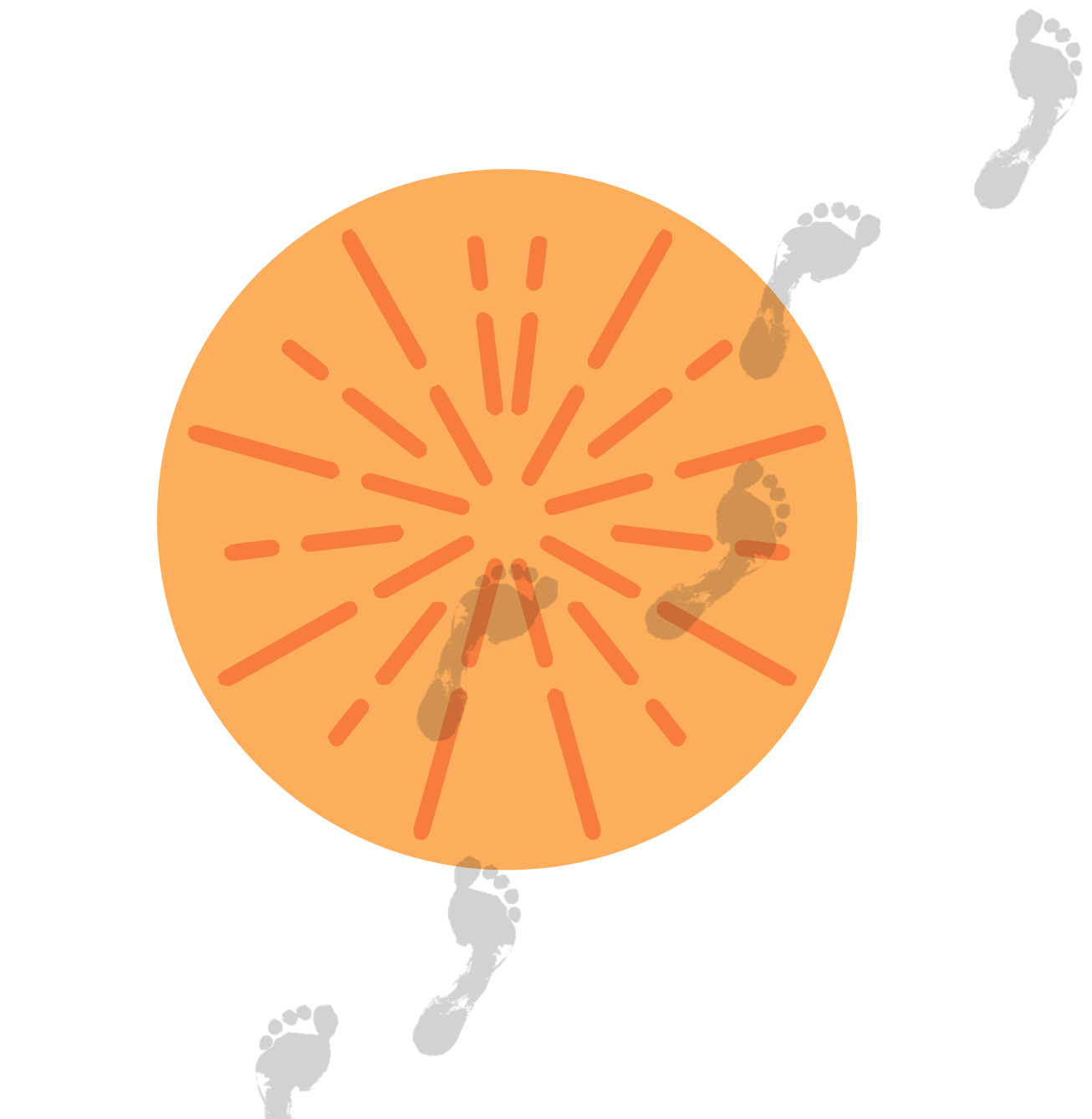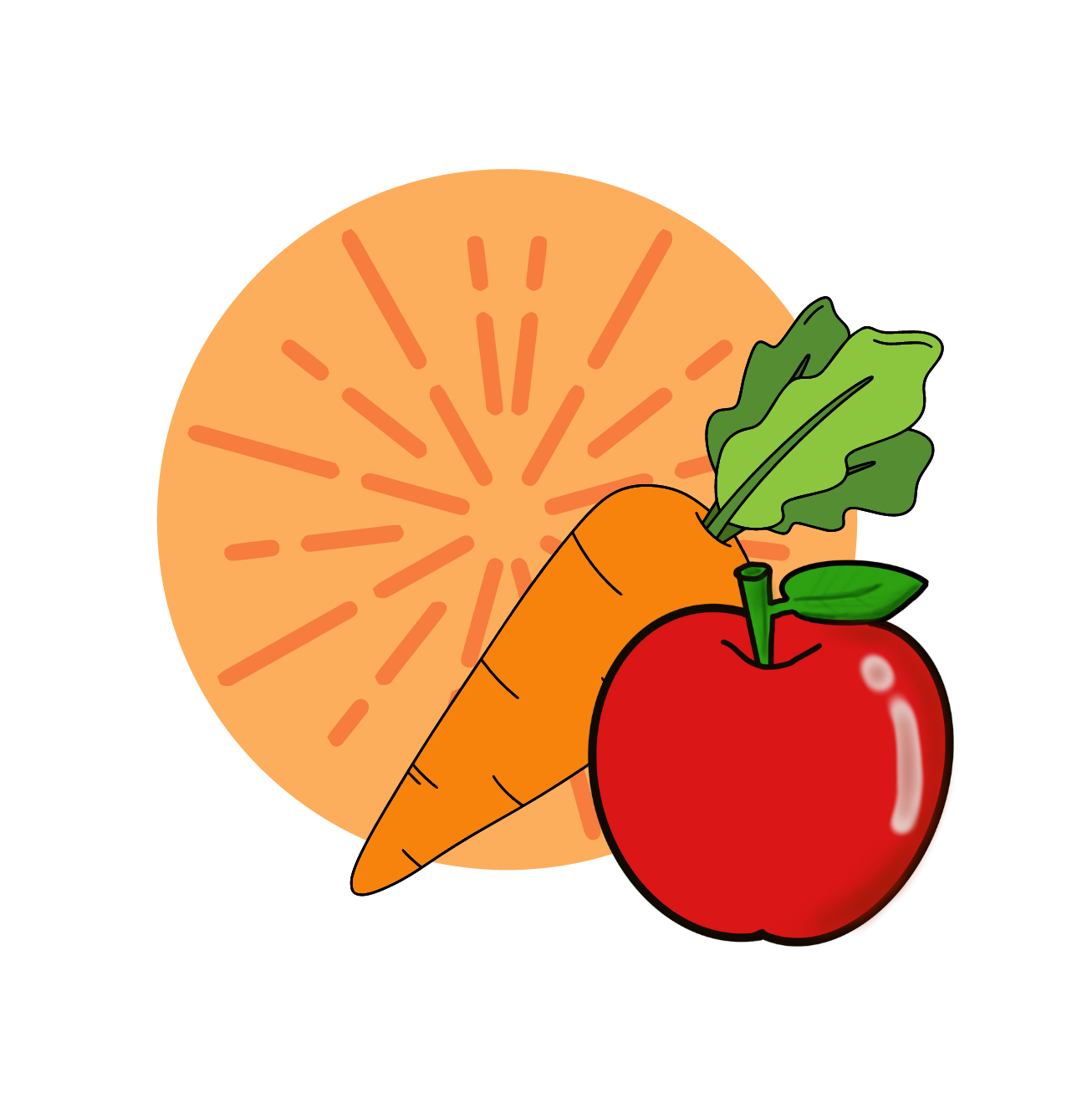Producing Food
at Home

Food Quality
Have you become disillusioned with the range and quality of fruit and vegetables that are sold in supermarkets? The lack of transparency about the providence of foods is also a cause for concern. Home food production offers many benefits such as food security, the convenience of food that is available to be harvested when you need it, the lack of pesticides and other chemicals, higher nutrition. Not as obvious benefits include a reduction in carbon emissions and the minimisation of food waste.
Plus an intangible benefit, the satisfied feeling of caring more deeply for your family with your own food supply.
A research report published by the Australia Institute in 2014 found that more than half of Australian households were growing "some of their own food". The primary motivations were "to produce healthier food","save money", “produce food that tastes better”, and "enjoyment / satisfaction". But the research noted that food producing households tended to start and stop and there was a widespread perceptions that food gardening requires lots of time and space.
It would be great if there were a few single websites one could go to learn all that you needed to know to get into food producing. Unfortunately we haven’t found one, but there are a number of good places to start, and, this is one of the (few) areas where good books are still the primary resource.
Here’s some good books to get into it:
- “The Little Vegie Patch” by Fabian Capamolla and Mat Pembers. This book provides plans and projects and lots of advice.
- “Esther Deans Gardening Book: Growing without Digging”. Esther Dean was a pioneer of no dig gardens and this is a simple book that challenges you to build a garden on a concrete slab!
A Good Starting Point
The first thing to consider is whether you do indeed have space that has sunlight and access to water:
- No horizontal space - consider “vertical gardens”
- No or poor soil - consider raised garden beds and no-dig gardens
- No space at all - look for a shared space around your area, or a community garden. We have three of these in the Surf Coast (Torquay, Angelsea, Aireys Inlet)
- Worried about water - consider harvesting your own roof water into tanks.
- Consider what sort of crops are the best for your family - for example you might want to start with the things you need year round that are easy to grow and cost a lot in stores
- Just want to buy community grown food - look up Farmers Markets or the great Farm my School initiative.
- Don’t want to buy fertilisers - consider composting to transform waste foods into a nutritious growing medium.
Sustainable Living Guide provides a quick primer to get started, including discussions about watering, composting, sources of seeds, and many webinars and videos.
The ABC’s Gardening Australia website provides plenty of resources and guides
The Diggers Club provides excellent sources of heirloom seeds and other helpful resources, plus, inspiration in a great kitchen garden at Blackwood with vege seedling range that is amazing.



